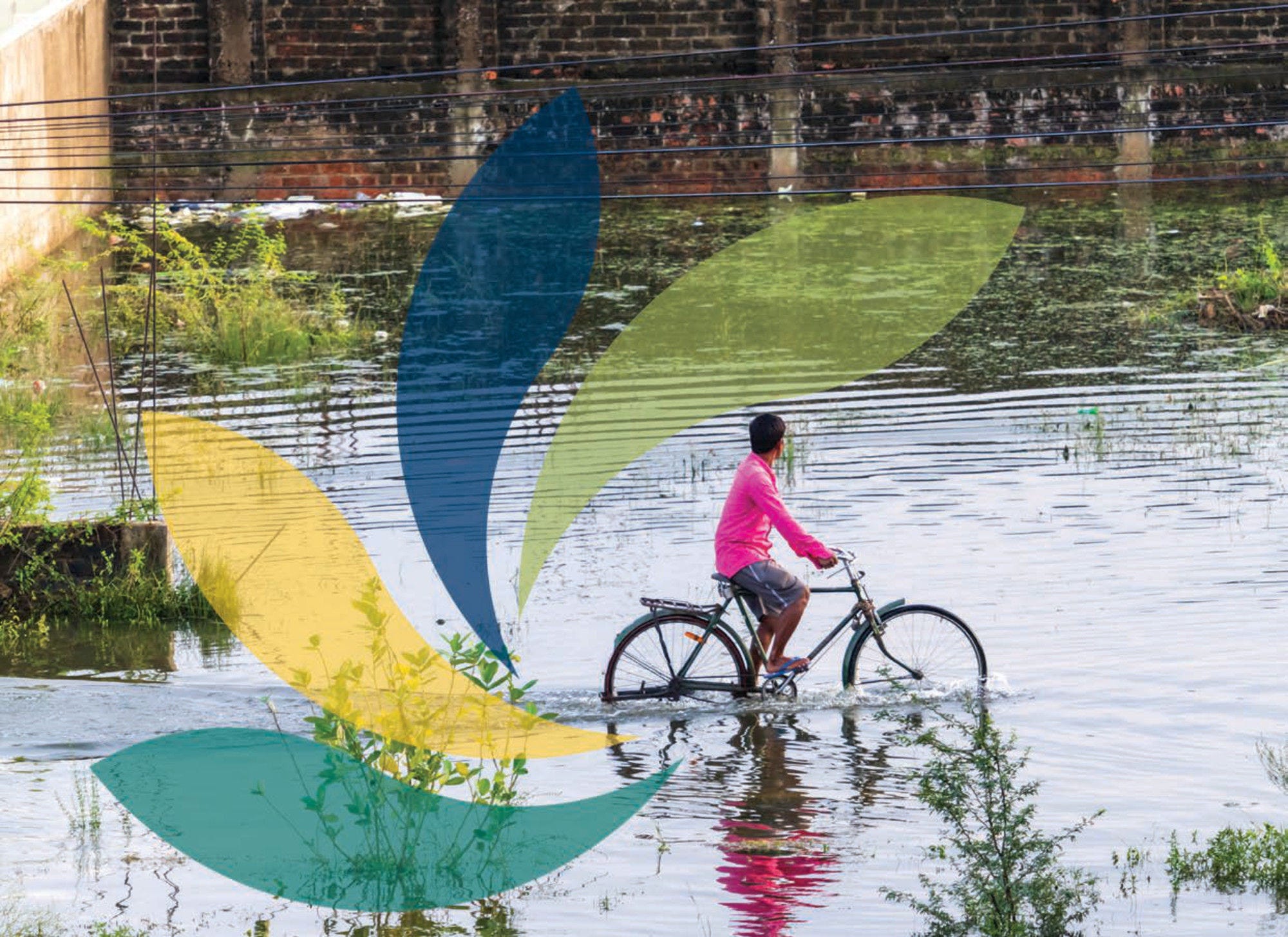Countries are facing a multitude of complex, even potentially intractable, issues: the recovery from the Covid-19 pandemic, rising energy prices, inflation, a global economic downturn, and increasing insecurity due to Russia’s unprovoked war of aggression against Ukraine, are some of the most significant. These are pressing and difficult, but without a doubt, climate change remains the principal global environmental, economic and social challenge of this century.
Climate change is an existential threat intertwined with multiple environmental concerns and tipping points. It both triggers and intensifies economic and social problems, affecting less developed economies and vulnerable communities more acutely. Global action is urgent, and today’s actions will not only determine the future of the global climate system, but ultimately people’s lives and livelihoods.
Although countries have different development challenges, facing climate change requires shared responsibility and strong, global co-ordinated action. The Paris Agreement has been fundamental in recognising different national circumstances and countries’ varied approaches on climate action, but also the need for global governance and explicit commitments. It is the cornerstone of global action on climate change.
The principal message that emerges from this year’s Monitor is that countries are vulnerable; they are exposed to an increasing number of intense climate-related hazards that affect communities and livelihoods. Mitigation and adaptation must be the focus of countries development strategies. Nevertheless, it is important to recognise that countries have made progress, climate action has expanded across the world, but more can and must be done. Ambition needs to increase significantly and action must be effective. Governments have not adopted all the policy instruments available to them or the stringency level to achieve material change. This requires a broad whole-of-government approach not only to deal with the climate crisis, but also to achieve strong, sustainable, fair and resilient growth.
Other key messages that emerge from this report are presented below.
